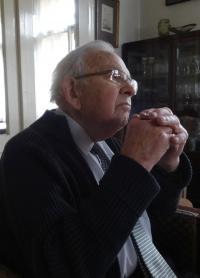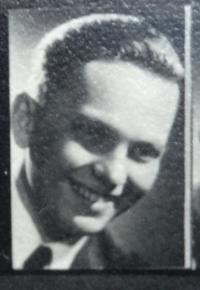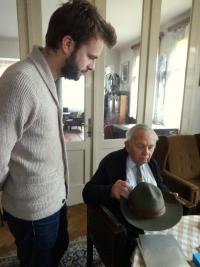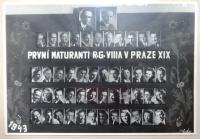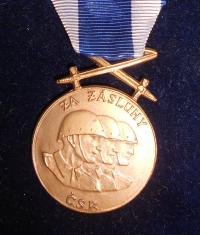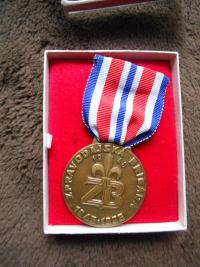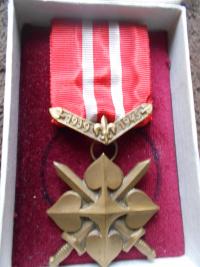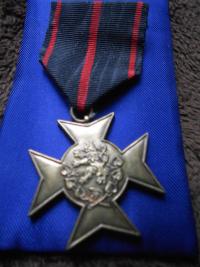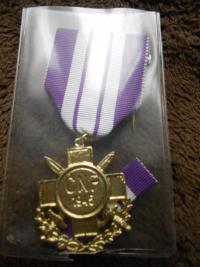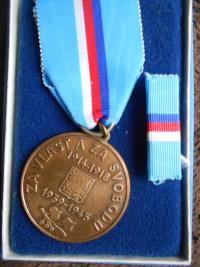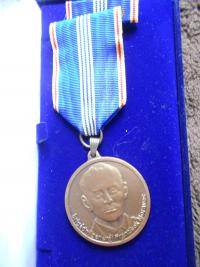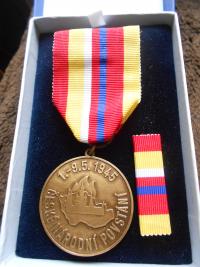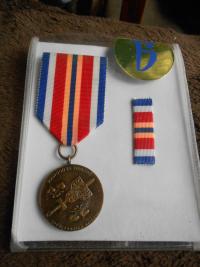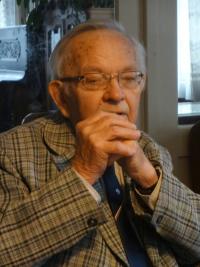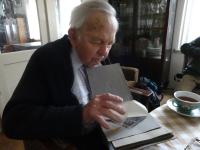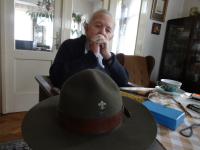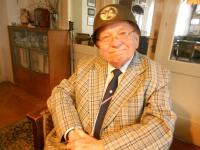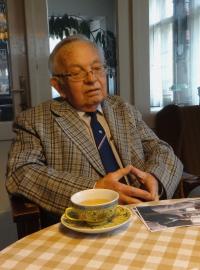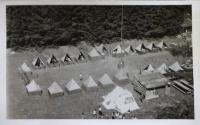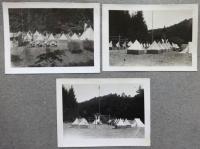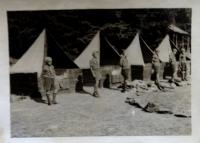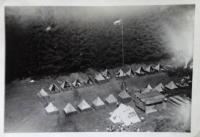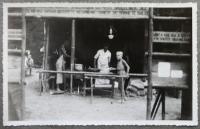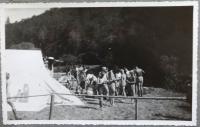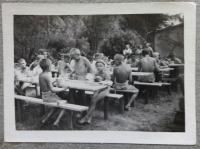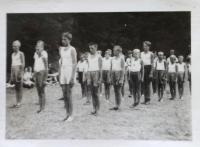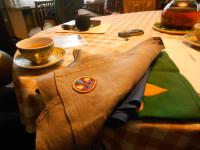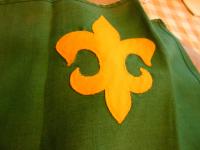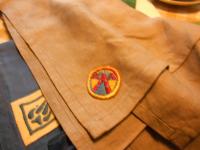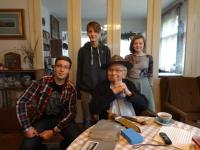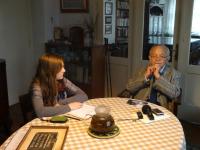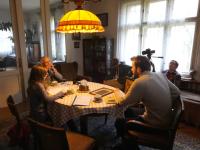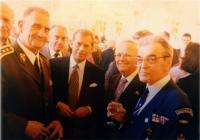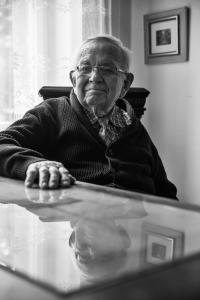Dangerous, you say? Almost everything was, back then
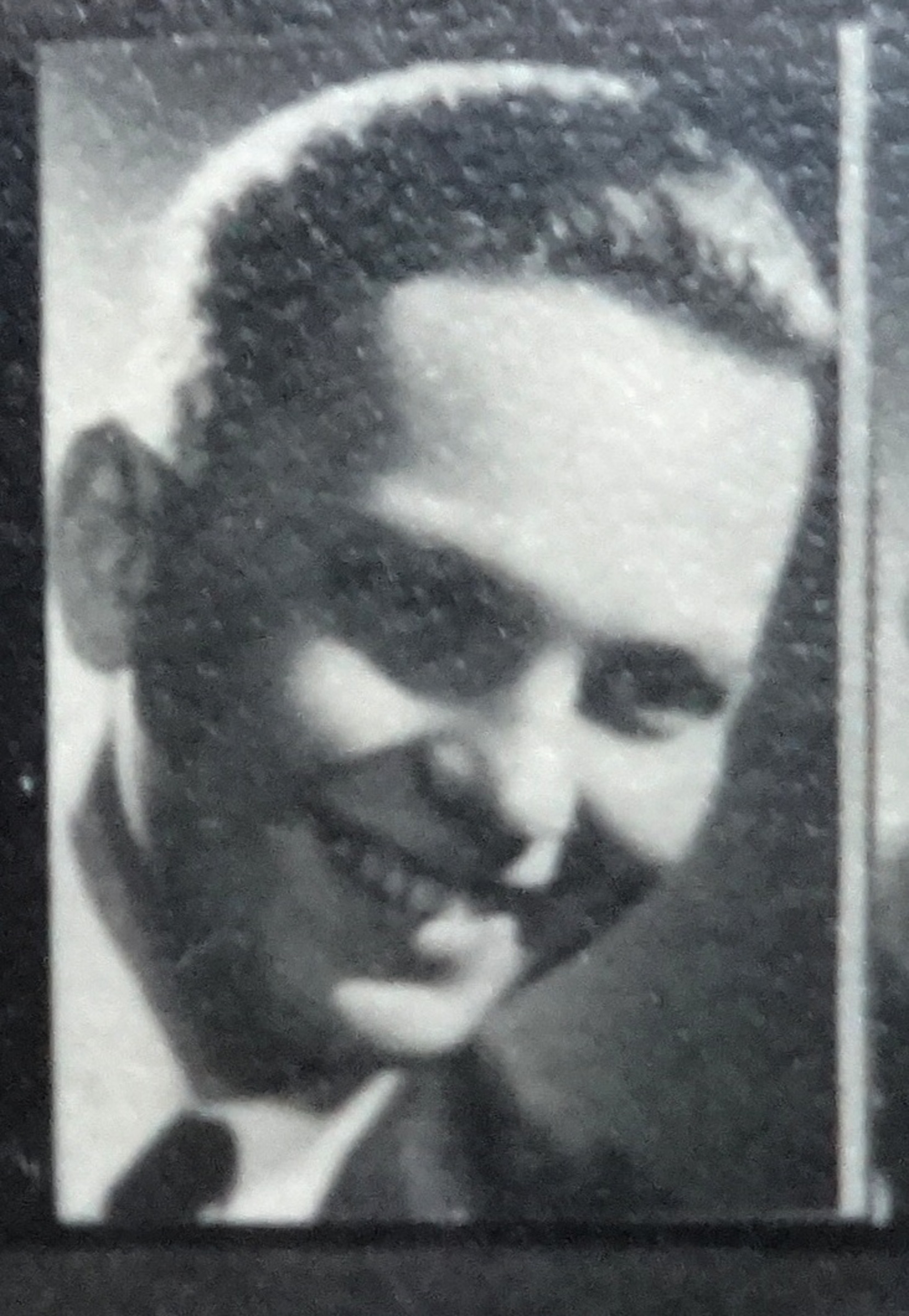
Download image
Jiří Ludvík was born in Pilsen on 25 December 1924, his family is from Domažlice District, from Záhořanský mlýn. His father was an officer and staff captain, he was stationed in Pilsen as commander of the administrative section of the 2nd Infantry Division. As a pensioner he was later employed in Prague at the Pension Institute of the Czechoslovak Army. Jiří Ludvík attended an eight-year grammar school in Pilsen, he was in the fourth year when the family moved to Prague. There, he continued his studies at the grammar school on Strossmayer Square, which he graduated from in 1943. While still in Pilsen he joined the Scouts Movement in 1934. As a Cub Scout he was part of the 2nd Troop Stopa (Track), in Prague he continued his activities in the Scouts troop Kruh (Circle). He underwent Wood-Badge training to become leader of the troop; he later functioned as an instructor. He was active in the Czechoslovak Scouting leadership, in the education committee, which he chaired. After passing his matriculation exam he was allocated to forced labour in Germany. He feigned a broken leg and thus avoided both the first and the second transport. In the end he was sent to work at the Avia factory, at its construction office in Bílá labuť (White Swan House) in Prague. He worked there as a precisionist for the Arado seaplane. In May 1943 he got in touch with the Intelligence Brigade, a resistance group established by Scouts and headed by Jaromír Klika and Adolf Karlovarský. His task was to leak blueprints from the construction office, which were then sent abroad. He pinpointed the locations of anti-air guns around Prague, he followed the movements and activities of German units in Prague. During the Prague Revolt the Intelligence Brigade also organised several operations. They forced the Hitlerjugend out of their defensive position in Letenské sady, which provided a key connection between Prague 6 and Smíchov. Jiří Ludvík helped build barricades and fought on Libeň Island. Among the incredible things he experienced, one is how he and his friend Linhart disarmed the German command on what is now Victory Square - equipped only with an old air rifle. After the war the witness received several medals of merit, the ceremony was even attended by General Montgomery. Jiří Ludvík’s family did not know of his resistance activities, they did not find out about them until after the war. His wife, whom he married in 1952, and their son were not told about his illegal work during the war until after 1989. Jiří Ludvík himself did not speak about it, for security reasons, among others. The Intelligence Brigade only met up once after the war, and then it was dissolved. Immediately after the war the witness returned to Scouting, to the 18th Troop Kruh (Circle), which he later led. In 1950, when Scouting was banned, he stopped his activities. After the war Jiří Ludvík applied for university studies in the field of natural sciences, specialising in parasitology and microbiology. After graduating he was employed at the Faculty of Natural Sciences of Charles University under Professor Jírovec, first as an assistant and later as a researcher. He worked at the Department of Parasitology, and together with Professor Málek he focused on researching toxoplasmosis. He also worked under Professor Wolf at the Histology Department of the Faculty of Medicine. He finally settled down in the Institute of Microbiology in Krč, where he headed the laboratory and the Department of Electron Microscopy, he was the first person in Czechoslovakia to use electron microscopy to study toxoplasmosis. Thanks to his unique qualifications he was able to get away with refusing to join the Communist Party, and as a world-leading expert, with the help of Professor Málek, he was even allowed to travel abroad - for example, for an almost one-year study stay in Bonn, or to scientific congresses, he lectured at foreign universities. He was a member of the Toxoplasmosis Section at the WHO in Geneva, he worked in close cooperation with specialists from France and Great Britain. After 1990 the Intelligence Brigade reinstated its meetings, and its members were invited to various official events in connection with World War II. The two awards that Jiří Ludvík received after the war, the Medal of Merit 2nd class and the Scouts War Cross, were joined by a number of other medals. In 2003 he was officially included among the veterans of World War II. He died on August 13, 2016.
